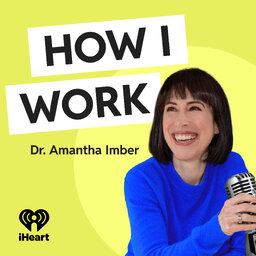Quick Win: The power of a daily ritual with Susan Carland
How well do you know yourself? Pretty well, you’d think, given you spend all day everyday together! But… how much of that time is quality time, and how much of it is swallowed up by distraction?
As a practising Muslim, Susan Carland’s been praying five times a day, every day, for decades now. Aside from its religious component, Susan’s fallen in love with the ritualistic element of her daily prayer. As an incredibly busy academic, mother and media personality, her prayer times are often the only peaceful, reflective moments of her day.
And that dedicated time for reflection is something she treasures: it’s her most effective means of strengthening her relationship with herself.
You can find the full interview here: https://open.spotify.com/episode/14pcuDAluoEL0PP869dVKF?si=ayEtmoxtSyqDqcUoVNyDCg
My new book The Health Habit is out now. Order your copy here
Connect with me on LinkedIn and Instagram.
For more life-improving tips, sign up for my weekly newsletter at howiwork.co.
Questions or feedback? Email me at amantha@inventium.com.au.
Credits:
Host: Amantha Imber
Sound Engineer: Martin Imber
 How I Work
How I Work


